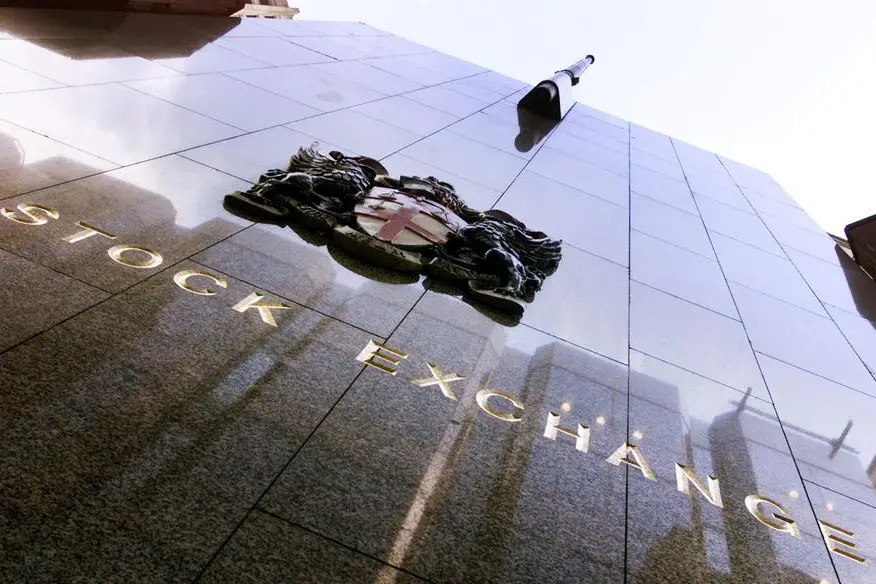PHOTO
LONDON - A fall in financial markets' interest rate expectations since the Bank of England's November interest rate decision suggests investors are more upbeat about the economy's supply capacity than the Bank of England is, Deputy Governor Dave Ramsden said.
Financial markets show a cut in the Bank Rate is almost fully priced in by mid-2024, with two more 0.25 percentage-point cuts to follow by the end of next year, despite the BoE's view that rates will need to stay "restrictive" for some time.
"Since the November 2023 forecast the market curve has come down, with average rates in swap markets over the three years of the forecast falling by around 50 bps," Ramsden said in a speech to Britain's Society of Professional Economists.
Despite this, markets on average expected faster growth, slower inflation and less unemployment than the BoE, Ramsden said.
"The pattern of differences would be consistent with outside forecasters being more positive about the outlook for supply and therefore for the output-inflation trade-off than the MPC," Ramsden said.
The supply side of the economy includes the availability of workers and the terms of trade. When they are damaged - for instance by pandemics, financial crises or government policy - it limits the ability of an economy to grow before generating excess inflation.
Ramsden repeated the BoE's view that interest rates would need to stay restrictive for some time.
"I continue to characterise my approach to monetary policy as being watchful and responsive," he said.
(Reporting by David Milliken and Andy Bruce; Editing by William James)




















